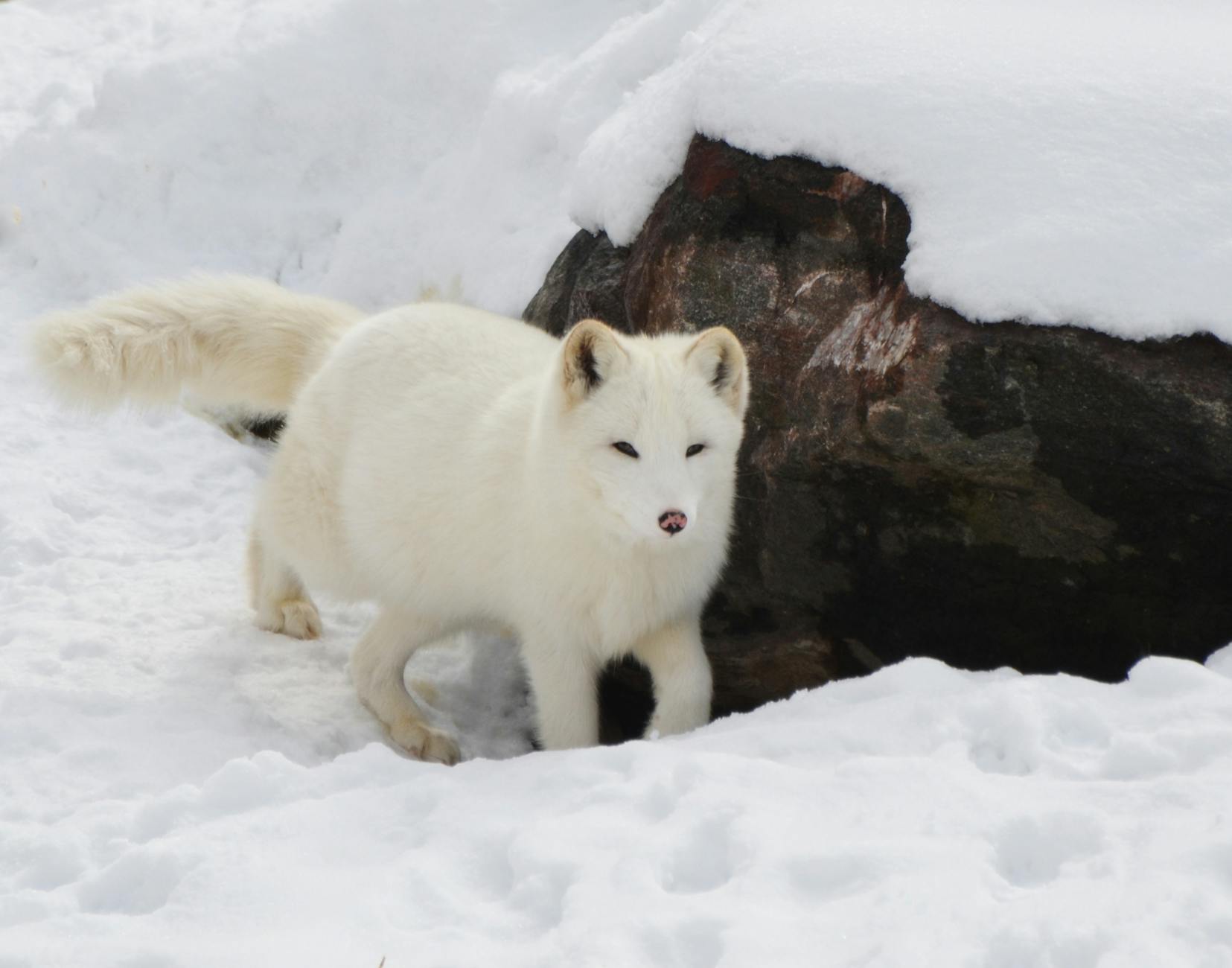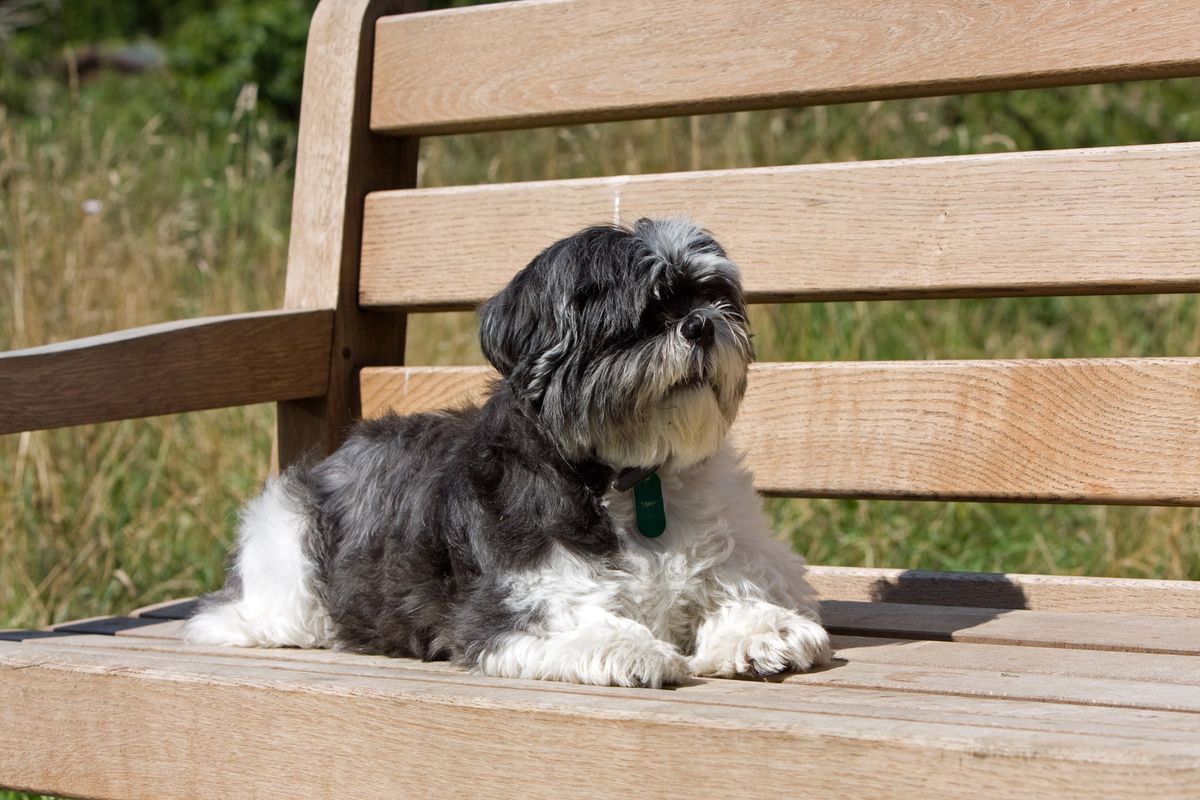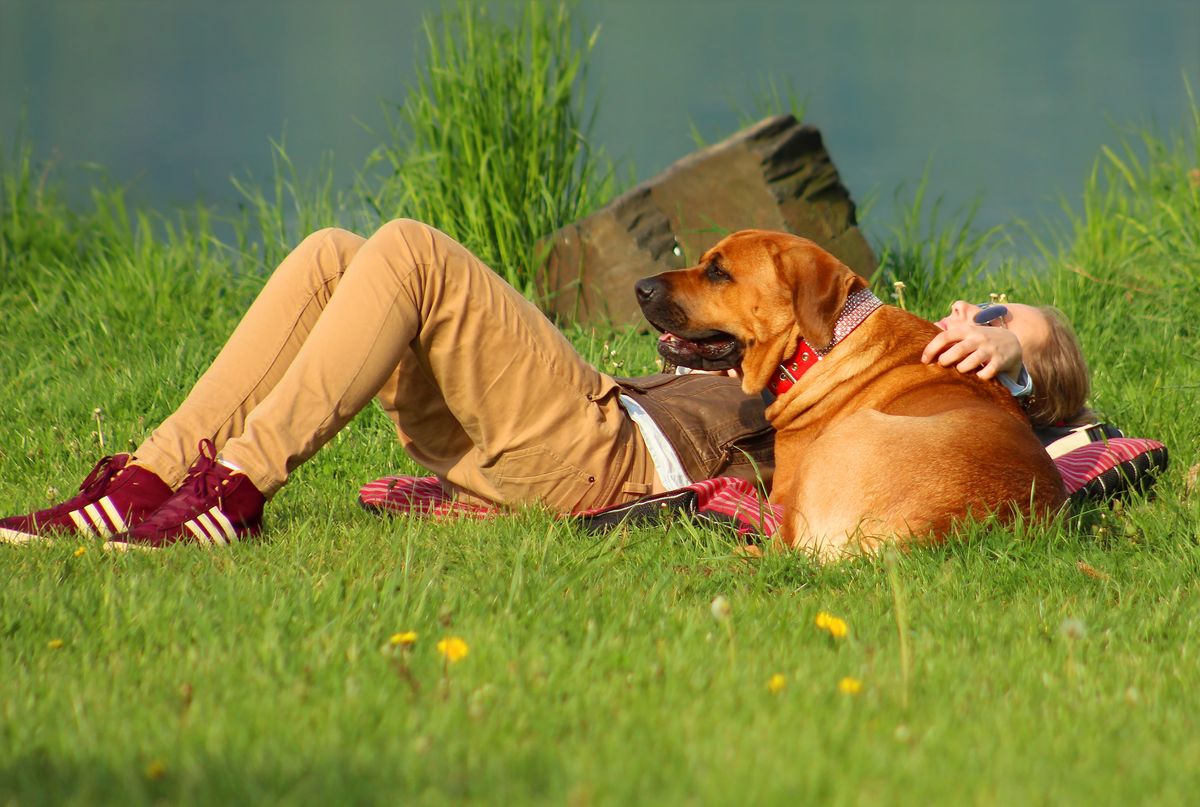As the chill of winter sets in, dog owners must adapt their pet care practices to ensure their furry friends stay healthy and happy. While many are aware of the need for extra warmth and care during the colder months, there are still common mistakes that can jeopardize a dog’s well-being. This article highlights the five typical winter care errors that every dog owner should be mindful to avoid, providing insights into how to keep your canine companion in top shape throughout the winter season.
Key Takeaways
- Providing adequate shelter is crucial for dogs during winter; they need a warm, dry place to protect them from the harsh elements.
- Overfeeding is a common mistake, as owners may misjudge their dog’s calorie needs during winter, potentially leading to obesity.
- Paw care is often neglected in winter, but it’s important to protect a dog’s paws from salt, ice, and cold surfaces to prevent injury or discomfort.
- Maintaining regular exercise is essential even in cold weather, as dogs still require physical activity to stay healthy and avoid behavioral issues.
- Dental health should not be overlooked during winter, as regular teeth cleaning and veterinary check-ups are important for overall health.
1. Inadequate Shelter

Providing proper shelter for your dog during the winter months is crucial. Dogs are not inherently equipped to handle the harshness of winter weather without adequate protection. A story of neglect from the Lafayette County Sheriff’s Department highlights the dangers of leaving dogs outside in a winter blast with ‘inadequate shelter‘.
It’s essential to ensure that your dog’s shelter is warm, dry, and well-insulated from the cold. The shelter should be elevated off the ground to prevent dampness and have a flap over the entrance to keep out drafts.
Here are some key features your dog’s winter shelter should have:
- Insulation to retain heat
- Waterproof exterior
- Sufficient space for movement
- Elevated flooring
- Covered entrance
Remember, if it’s too cold for you, it’s probably too cold for your pet. Always provide a warm and secure environment for your dog during winter to prevent health risks associated with cold exposure.
2. Overfeeding

During the colder months, dog owners might fall into the trap of overfeeding their pets, mistakenly believing they need extra calories to stay warm. However, this can lead to unwanted weight gain and associated health problems. It’s crucial to tailor your dog’s diet to their actual energy needs, which might not significantly increase in winter, especially for indoor pets.
Overfeeding is a common mistake that can have long-term consequences for your dog’s health. Adjusting portion sizes and monitoring treats can help maintain a healthy weight.
Here are some tips to avoid overfeeding:
- Measure your dog’s food to ensure proper portion sizes.
- Avoid giving too many treats or table scraps.
- Maintain a regular feeding schedule.
- Consult with your vet to determine the right diet for your dog’s lifestyle.
3. Neglecting Paw Care

Winter can be harsh on your dog’s paws, and neglecting paw care can lead to discomfort or even injury. Salt and chemical deicers used on roads and sidewalks can dry out or burn your dog’s paw pads. Additionally, ice and snow can accumulate between their toes, causing pain and ice burns.
To protect your dog’s paws, consider these steps:
- Regularly check and clean your dog’s paws after outdoor walks.
- Apply a pet-safe paw balm to moisturize and protect their pads.
- Use dog boots for added protection against harsh conditions.
If you must wash your dog in the winter months, ask your vet for recommendations on a gentle moisturizing shampoo.
Remember, paw care is not just about protection; it’s also about maintenance. Keep your dog’s nails trimmed to prevent them from getting too long, which can cause discomfort and affect their gait. If an injury does occur, such as a cut or cracked pad, seek veterinary care promptly to prevent infection and ensure proper healing.
4. Skimping on Exercise

As the temperature drops, it’s tempting to reduce the amount of exercise your dog gets, but maintaining an active routine is crucial. Exercise is not only about physical health; it also plays a significant role in your dog’s mental well-being. During winter, consider indoor activities that keep your pet moving and engaged. Agility courses or simple indoor games can be excellent ways to burn off energy.
It’s important to remember that some exercise is better than no exercise. Even short play sessions can make a difference in your dog’s health and happiness.
Creating a winter exercise schedule can help you stay on track. Here’s a simple plan to keep your dog fit during the colder months:
- Monday: Indoor fetch session
- Tuesday: Short outdoor walk (weather permitting)
- Wednesday: Hide and seek with treats
- Thursday: Tug-of-war game
- Friday: Agility training (if possible)
- Saturday: A relaxed long walk
- Sunday: Rest day or light play
Adapting to indoor exercises like agility can be a great way for your pet to stay active, even when outdoor conditions are less than ideal.
5. Overlooking Dental Health

Just as humans need to maintain their dental health, so do our canine companions. Poor dental hygiene in dogs can contribute to systemic health problems, including heart disease, kidney disease, and respiratory issues. Harmful bacteria from the mouth can enter the bloodstream and affect various organs, underscoring the importance of regular dental care for dogs.
Regular dental check-ups and cleanings are as crucial for your dog as they are for you. Ignoring your dog’s dental health can lead to painful infections and costly treatments down the line.
To maintain your dog’s dental health, consider the following steps:
- Brush your dog’s teeth regularly with toothpaste formulated for dogs.
- Provide dental chews and toys that help reduce plaque and tartar build-up.
- Schedule annual dental check-ups with your veterinarian.
- Be alert to signs of dental issues, such as bad breath, difficulty eating, or swollen gums.
Remember, a healthy mouth contributes to your dog’s overall well-being and can prevent other serious health issues.
Conclusion
As we brace ourselves for the chill of winter, it’s crucial to remember that our furry companions rely on us for their well-being during these colder months. The common mistakes highlighted in this article serve as a reminder that vigilance and informed care are key to ensuring our dogs stay healthy and happy. From resisting the urge to over-vaccinate to understanding the true needs of our pets, we must be proactive in seeking knowledge and rejecting unnecessary upselling of services. Remember, regular exercise, proper grooming, and a nutritious diet are fundamental. Let’s commit to being the responsible and loving pet owners our dogs deserve, providing them with the care and attention needed to thrive, no matter the season.
Frequently Asked Questions
What kind of shelter should I provide for my dog in winter?
Ensure your dog has a warm, draft-free shelter that is elevated off the ground, insulated, and large enough for them to move comfortably but small enough to retain body heat.
Is it okay to feed my dog more during the winter?
Dogs may require more calories in the winter if they spend a lot of time outdoors, but overfeeding can lead to obesity. Monitor your dog’s weight and adjust food intake accordingly.
How can I protect my dog’s paws in the winter?
Use dog-safe ice melts, clean their paws after walks to remove salt and ice, apply paw balm to prevent cracking, and consider dog booties for extra protection.
How much exercise does my dog need in the winter?
Dogs still need regular exercise in the winter, but the amount may vary depending on the breed, age, and health. Shorter, more frequent walks may be necessary in extreme cold.
Why is dental health important for my dog, especially in winter?
Dental health is crucial year-round as dental issues can lead to systemic health problems. Winter may bring added challenges with dry air affecting gum health.
Can I leave my dog outside while I’m at work during the winter?
No, dogs can suffer from hypothermia and frostbite if left outside for too long in cold weather. They should have access to warm shelter, especially when temperatures drop significantly.




